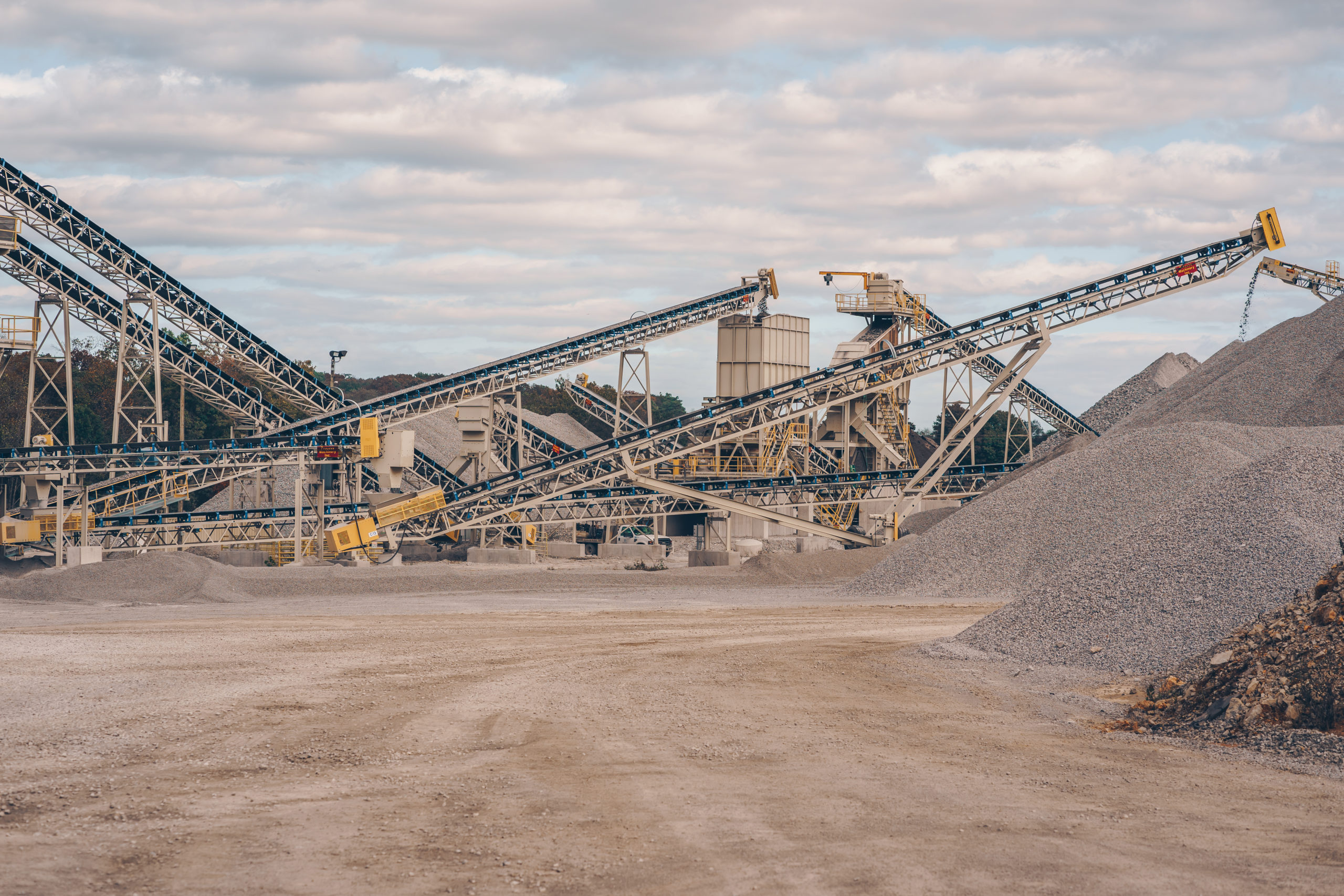
Aggregates are all around us. Did you know that construction sites aren’t the only place you can find these materials? Kentucky is rich in aggregates and industrial materials. Today, we’ll share the many unexpected places you can find aggregates in your everyday life.
First thing’s first: let’s define aggregates.
Think of aggregates as any material that is mined from the earth. Three of the most commonly used aggregate are:
- Sand
- This fine, widely available resource is often used as fill.
- Gravel
- Gravel is grittier than sand, with a minimum diameter of .08 inches. In addition to fill, gravel is used for roads, driveways and more.
- Limestone:
- Any gray rock that is primarily composed of calcium carbonate can be defined as limestone. It has many uses on the construction site, including as a component of concrete and asphalt asphalt pavement.
Like most of us in the construction industry, it’s common to most often associate aggregates with the building blocks of our roads, bridges, and sidewalks. But aggregates can be found all throughout our homes.
Aggregates are:
- In our dining rooms: our plates, dishes, pots, pans and even some of the foods we eat.
- In our bathroom drawers: our makeup, mirrors and medicines.
- In our offices: our pencils and paints.
With far too many uses to cover in this one post, let’s dive into limestone a bit more and discover three ways in which it’s beneficial.
Pure limestone has some of the highest levels of elemental calcium.
Given that a mineral must be composed of at least 50% calcite to be considered limestone, it’s no wonder that this aggregate makes for an excellent addition to animal feed. Limestone has been proven to increase the health of farm animals, leading to heartier eggs, healthier cows, and, in the end, better quality products for consumers.
It supports our soil.
Speaking of the farm, limestone is also used in the fields as a soil-supporting fertilizer. To put it simply: when soil acidity levels rise, crops suffer. But with the help of limestone, farmers, gardeners and homeowners can restore pH levels, increase mineral absorption and water penetration for their crops, yard and more.
Lastly, limestone is a powerful, yet gentle cleanser.
With its natural cleansing properties, limestone is often used in toothpaste. Its ability to scrub teeth clean without damaging the enamel supports overall oral health without negatively impacting toothpaste taste.
Take a look around your home. You’re sure to see the many ways in which our aggregates workers make your life better. We are thankful for all they do to support our everyday lives in our homes, through our commute and in all types of activities.
